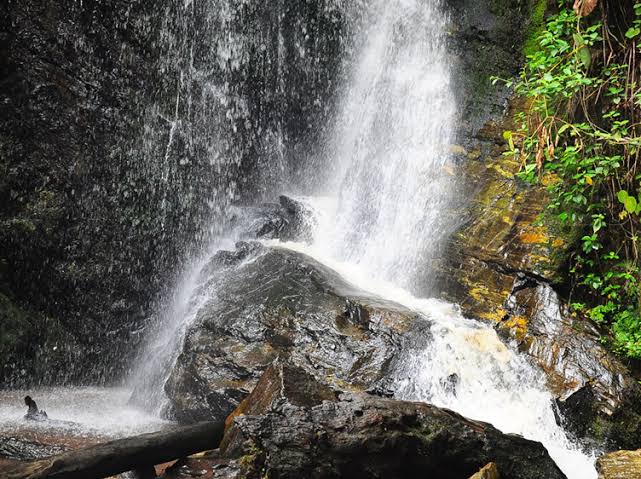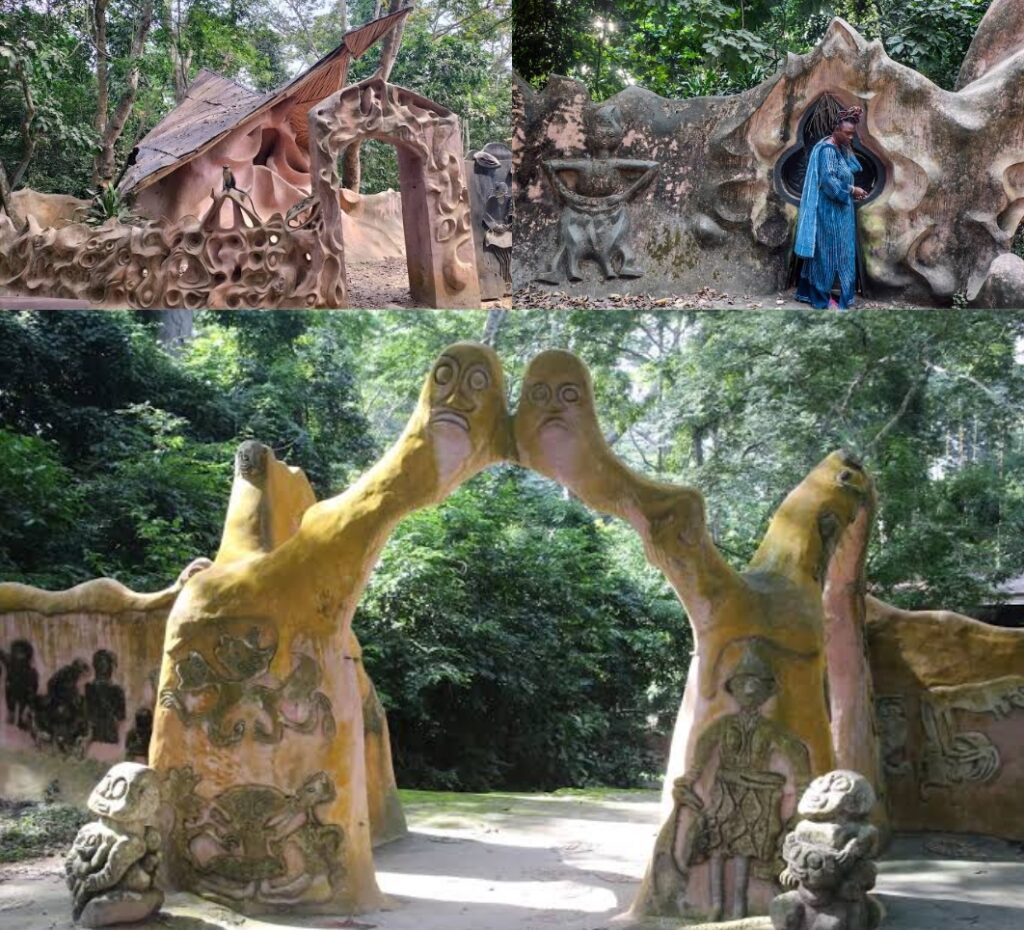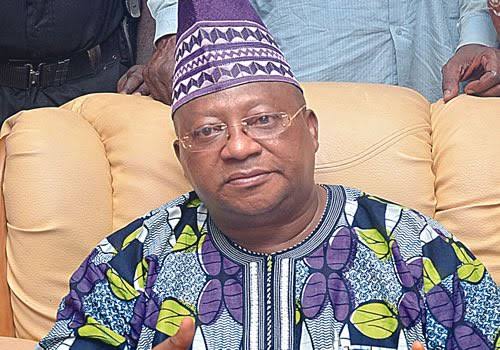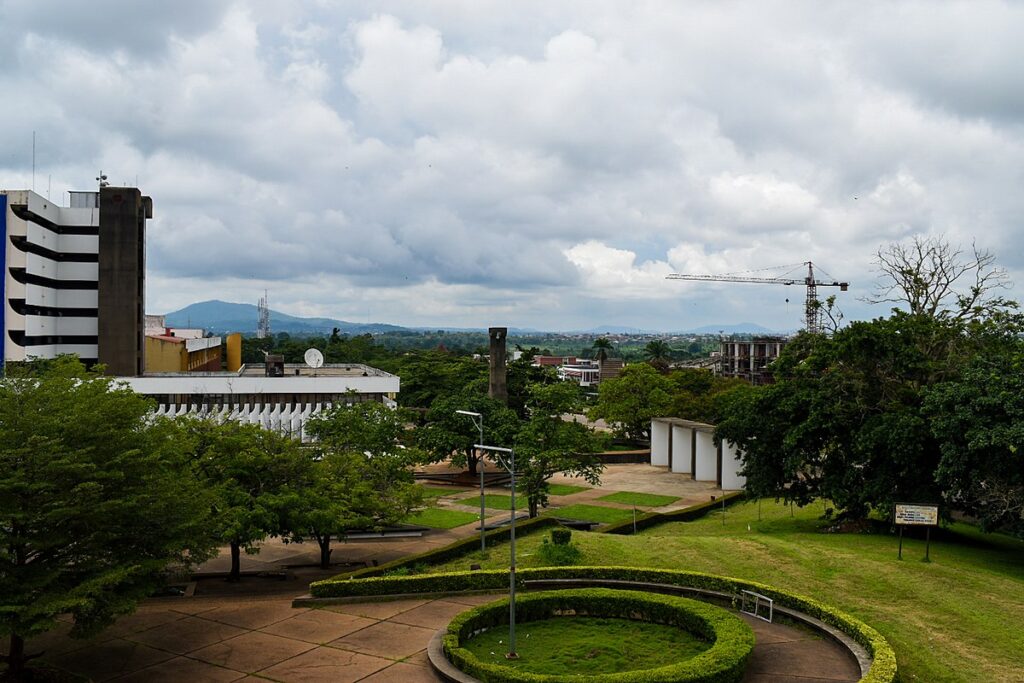Osun state is a state located in the southwestern region of Nigeria. It was created in 1991 from the old Oyo state and has since become a hub of cultural and tourist attractions. With a population of over 4 million people, Osun state is known for its rich history, diverse cultural heritage, and natural resources. In this article, we will explore some interesting facts about Osun state that you may not have known. Read on to discover more.

Osun State Creation
Osun State was created on August 27, 1991, by the military government of General Ibrahim Babangida. The state was carved out of the old Oyo State.
Osun State Meaning
The state was named after the River Osun, which is a major river that runs through the state. The river is believed to have healing powers, and it is a popular destination for religious pilgrims.

Osun State Capital
Osogbo is the capital city of Osun State. It is located in the southwestern part of Nigeria and is known for its rich cultural heritage, including the Osun-Osogbo Sacred Grove, which is a UNESCO World Heritage Site.
Osun State Slogan
The state slogan is “Land of the Virtuous”. The slogan reflects the state’s commitment to promoting moral values and ethical behavior among its citizens.
Osun State Border
Osun State is located in the southwestern part of Nigeria and shares borders with five other states. To the north, it is bordered by Kwara State, while Ekiti State borders it to the east. Ondo State is located to the southeast of Osun State, while Ogun State borders it to the southwest. To the west, Osun State shares a border with Oyo State. The state’s strategic location makes it an important hub for commerce and transportation in the region.
Osun State Geopolitical Region
Osun State is located in the South-West geopolitical region of Nigeria. The South-West region is one of the six geopolitical regions in Nigeria and is made up of six states, including Lagos, Ogun, Oyo, Osun, Ekiti, and Ondo.
Osun State Local Government
Osun State is divided into 30 local government areas, each with its own local government council. The local government areas are responsible for providing basic services and infrastructure to the people in their respective areas.
Osun State Senatorial Districts
Osun State has three senatorial districts, which are Osun West, Osun East, and Osun Central. Each senatorial district is represented by a senator in the Nigerian Senate.
Main Religion In Osun State
The main religions in Osun State are Islam and Christianity. Islam is practiced by a majority of the population, while Christianity is also widely practiced.
Osun State Landmass
Osun State is the 28th largest state in Nigeria in terms of landmass. It covers an area of 9,251 square kilometers, which is about 0.9% of the total land area of Nigeria. Osun State is located in the southwestern part of Nigeria and is bordered by five other states.
Osun State Population
According to the National Population Commission, Osun State has an estimated population of 4.2 million people, making it the 25th most populous state in Nigeria. The population of Osun State is diverse, with several ethnic groups and languages represented in the state.
Tribes / Ethnic Group In Osun State
Osun State has a diverse population with several ethnic groups and languages represented. The major ethnic groups in Osun State are the Yoruba, Ijesha, and Ife. Other ethnic groups in the state include the Oyo, Ekiti, and Ibolo.

Osun State Tourism
Osun State is home to several tourist attractions, which draw visitors from within Nigeria and around the world. One of the most popular tourist attractions in Osun State is the Osun-Osogbo Sacred Grove, which is a UNESCO World Heritage Site. Other tourist attractions in the state include the Erin Ijesha Waterfalls, the Nike Art Gallery, the Olumirin Waterfalls, the Ife Museum, and the Ooni’s Palace.
Osun State Natural Resource
Osun State is rich in mineral resources, including gold, granite, kaolin, and limestone. The state also has a significant agricultural sector, with crops such as cocoa, yam, cassava, and palm oil being cultivated in large quantities.

Osun State First Democratic/ Elected Governor
Isiaka Adeleke was the first democratically elected governor of Osun State. He was elected in January 1992 and served until November 1993. Adeleke was a prominent politician in Nigeria and played a key role in the development of Osun State.

Osun State Higher Institutions
Osun State has several higher institutions, which provide quality education to students from within Nigeria and around the world. Some of the higher institutions in Osun State include Osun State University, Federal Polytechnic Ede, Osun State College of Technology, Osun State College of Education, and Bowen University. These institutions offer a wide range of courses and programs, including engineering, medicine, law, and business administration.

